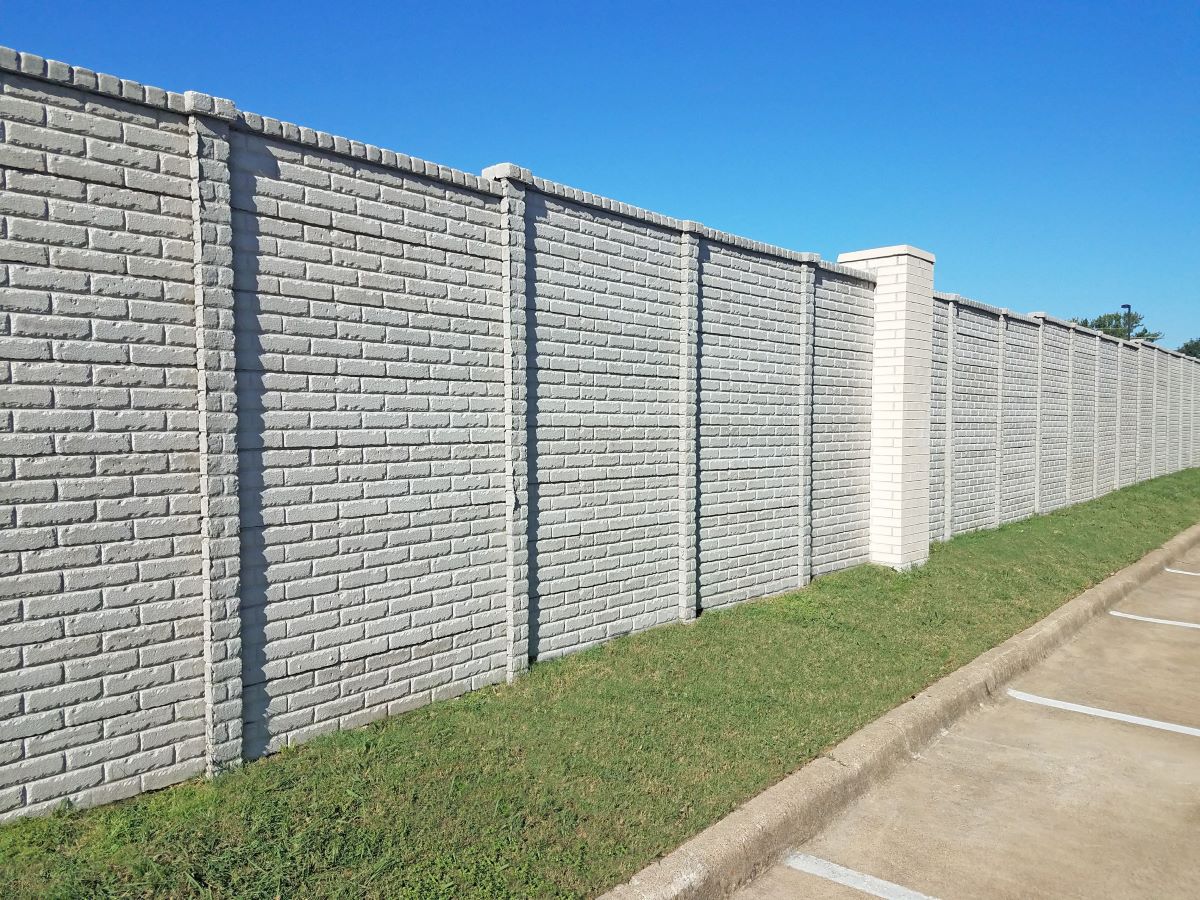

Articles
How Much Does A Brick Fence Cost
Modified: January 23, 2024
Looking for articles on the cost of building a brick fence? Find out the average expenses involved in constructing a brick fence and plan your budget accordingly.
(Many of the links in this article redirect to a specific reviewed product. Your purchase of these products through affiliate links helps to generate commission for Storables.com, at no extra cost. Learn more)
Introduction
When it comes to enhancing the beauty and security of your property, a brick fence can be an excellent choice. A brick fence not only adds a touch of elegance and sophistication to your home or business but also provides a durable and long-lasting solution for privacy and security. However, before you embark on the project, one crucial aspect to consider is the cost of installing a brick fence.
The cost of a brick fence can vary depending on several factors such as the size of the fence, the quality of materials used, labor costs, and any additional features that you may want to incorporate. Understanding these factors and their associated costs can help you plan your budget effectively and make informed decisions for your project.
In this article, we will explore the various factors that can affect the cost of a brick fence, including materials, labor, and additional expenses. We will also provide tips on how to save money without compromising on the quality and aesthetics of your brick fence.
So, if you’re ready to delve into the world of brick fences and discover how much it will cost you, let’s get started!
Key Takeaways:
- Building a brick fence involves various costs, including materials, labor, and additional expenses. Understanding these costs and exploring cost-saving tips can help you plan and execute your project within budget.
- While a brick fence may have a higher upfront cost, it offers durability and timeless elegance. Comparing costs with other fence types and implementing cost-saving measures can help you create a beautiful and long-lasting addition to your property.
Read more: How Much Does Invisible Fence Cost
Factors that Affect the Cost of a Brick Fence
Before we dive into the actual costs, let’s explore the key factors that can influence the overall cost of installing a brick fence:
- Fence Height and Length: The size of the fence plays a significant role in determining the cost. Naturally, larger fences require more materials and labor, which can drive up the overall expense.
- Brick Type and Quality: The type and quality of the bricks you choose will affect the cost. Common brick varieties like clay bricks are more affordable, while specialty bricks or custom designs can increase the cost. Higher-quality bricks tend to be more durable and aesthetically pleasing but may come at a higher price point.
- Foundation and Structure: The foundation and structure of the fence also impact the cost. If the ground requires extensive excavation or additional structural reinforcement is needed, it can raise the overall project cost.
- Design and Features: The complexity of the design and any additional features you want to incorporate, such as decorative elements or brick pillars, can impact the cost. Intricate designs and customizations generally require more time and skilled labor, resulting in a higher price.
- Site Preparation: The condition of the site where the fence will be installed can influence the cost. Factors like uneven terrain, slope, or the presence of trees or other obstructions may require additional site preparation work, which can add to the overall cost.
- Location: The location of your property can also impact pricing. Labor costs, permit fees, and local building regulations may differ from one area to another, which can affect the overall cost of the project.
Now that we have a better understanding of the factors that can affect the cost of a brick fence, let’s move on to exploring the specific costs associated with materials and labor.
Cost of Materials for a Brick Fence
When it comes to building a brick fence, the cost of materials will be a significant portion of your overall budget. The primary materials you will need include bricks, mortar, and any additional materials for the foundation and structure of the fence.
Bricks: The cost of bricks can vary depending on the type, quality, and quantity needed for your fence. Common clay bricks are typically more affordable, ranging from $0.50 to $1.50 per brick. However, if you’re looking for specialty bricks or high-quality options, the price per brick can increase to $2 or more. The number of bricks required will depend on the height, length, and design of your fence.
Mortar: Mortar is essential for holding the bricks together. The cost of mortar will depend on the quantity needed and the type of mortar selected. On average, expect to pay around $10 to $20 for a 60-pound bag of mortar.
Additional Materials: In addition to bricks and mortar, there are other materials required for the foundation and structure of the fence. This includes materials like concrete for the fence posts, rebar for reinforcement, and gravel for the base. The cost of these materials will vary depending on the size of your fence and local market prices.
To give you a rough estimate, let’s consider a 6-foot tall brick fence that is 100 feet long. Assuming you use common clay bricks priced at $1 per brick and 10 bags of mortar at $15 each, the material cost for the bricks and mortar alone would be around $2,100. Keep in mind that this is just an estimate, and prices can vary depending on the factors mentioned earlier.
It’s important to note that the material costs mentioned above do not include any additional features or customizations. If you plan to incorporate elements like decorative caps, pillars, or ornamental details, the cost will increase accordingly.
Now that we have an idea of the material costs, let’s move on to discussing the cost of hiring a contractor for your brick fence project.
Cost of Hiring a Contractor for a Brick Fence
Building a brick fence is a complex task that requires skill and expertise. Unless you have experience in masonry and construction, it’s highly recommended to hire a professional contractor to ensure the job is done correctly and efficiently. The cost of hiring a contractor will depend on various factors:
Contractor Expertise and Reputation: Experienced and reputable contractors may charge higher rates due to their expertise and track record of delivering quality work. While it may be tempting to opt for a cheaper contractor, it’s crucial to prioritize quality to avoid costly repairs or maintenance in the future.
Size and Complexity of the Project: The size and complexity of your brick fence will impact the cost. Larger fences or those with intricate designs and additional features will require more time and specialized skills, resulting in higher labor costs.
Location: Local labor costs can vary significantly from one area to another. The cost of hiring a contractor will be influenced by the local market rates, including factors such as demand, cost of living, and competition in the area.
To get a better idea of the cost, it’s recommended to obtain multiple quotes from different contractors. This will allow you to compare prices and evaluate the services provided. Keep in mind that the lowest quote may not always be the best option, as quality and reliability should be prioritized.
On average, you can expect the labor cost for a brick fence project to range from $20 to $40 per square foot. This cost includes the installation of the bricks, mortar application, and any necessary foundation work.
For example, let’s consider a 100-foot-long fence with a height of 6 feet. This would equate to approximately 600 square feet. Assuming a labor cost of $30 per square foot, the total labor cost would be around $18,000. Again, these figures are just estimates and can vary depending on location and project specifications.
It’s important to note that some contractors may charge additional fees for services like obtaining permits, site preparation, or disposal of debris. When obtaining quotes, make sure to clarify if any additional costs are included to avoid surprises later on.
Now that we’ve covered the material and labor costs, it’s essential to consider any additional expenses that may arise during the construction of your brick fence.
Consider the size of the fence, the type of bricks, and labor costs when estimating the total cost. Get multiple quotes from contractors to find the best price.
Additional Costs for a Brick Fence
While the material and labor costs are the primary expenses associated with building a brick fence, there are some additional costs that you should consider. These costs may arise based on specific requirements or personal preferences for your project:
- Permits and Approvals: Depending on your location, you may need to obtain permits or approvals from local authorities before constructing a brick fence. These permits typically have associated fees that vary depending on the jurisdiction. It’s important to check with your local municipality to ensure compliance with regulations and factor in any permit costs in your budget.
- Site Preparation: Depending on the condition of the site, you may need to invest in site preparation. This can include tasks such as clearing vegetation, removing existing structures, or leveling the ground. The cost of site preparation will depend on the complexity and scale of the work required.
- Foundation and Structural Reinforcement: If your property has challenging soil conditions or requires additional structural reinforcement, there may be extra costs associated with the foundation. This can include tasks such as excavating deeper or using specialized techniques to ensure the stability of the fence.
- Utilities and Wiring: If you plan to install lighting, security cameras, or any other electrical components in or around your brick fence, you will need to consider the cost of wiring and connecting the utilities. This may entail hiring an electrician and purchasing the necessary materials.
- Maintenance and Repairs: While not an immediate cost, it’s important to budget for regular maintenance and potential repairs for your brick fence. Over time, weather conditions, wear and tear, or accidental damage may require repairs or touch-ups. Set aside some funds for ongoing maintenance to keep your fence looking its best and ensure its longevity.
It’s worth noting that the additional costs mentioned above can vary greatly depending on the specific circumstances of your project and your location. It’s recommended to consult with contractors and professionals in your area to get accurate estimates for any additional expenses that may be relevant to your brick fence project.
Now that we have explored the various costs associated with a brick fence, let’s compare the cost of a brick fence with other types of fences to help you make an informed decision.
Read more: How Much Does A Concrete Fence Cost
Cost Comparison between Brick and Other Types of Fences
When deciding on a fencing option, it’s important to consider the cost in comparison to other available alternatives. While brick fences provide durability and a timeless aesthetic, they may have a higher upfront cost compared to other fencing materials. Let’s compare the cost of a brick fence with other common types of fences:
- Wooden Fence: Wooden fences are a popular choice due to their versatility and lower upfront cost. The cost of a wooden fence can vary depending on the type of wood used and the fence’s height and length. On average, the cost of a wooden fence can range from $10 to $30 per linear foot. However, it’s important to note that wooden fences typically require more maintenance and may not last as long as a brick fence.
- Vinyl Fence: Vinyl fences are known for their low maintenance and long lifespan. The cost of a vinyl fence can vary depending on the quality and design, but it generally ranges from $20 to $40 per linear foot. While vinyl fences may have a higher upfront cost than wood fences, they require minimal maintenance and can save you money in the long run.
- Wrought Iron Fence: Wrought iron fences are known for their elegance and durability. The cost of a wrought iron fence can vary depending on the design, height, and length. On average, the cost can range from $25 to $50 per linear foot. While wrought iron fences can be more expensive than brick fences, they offer a unique aesthetic appeal and require minimal maintenance.
- Chain Link Fence: Chain link fences are a budget-friendly option for security and boundary purposes. The cost of a chain link fence is relatively low, averaging $5 to $20 per linear foot. While chain link fences may not offer the same level of privacy or aesthetic appeal as brick fences, they are a practical and cost-effective solution for many homeowners.
It’s important to note that the cost comparisons above are general estimates and can vary based on the specific requirements of your project and your location. Additionally, factors such as maintenance, durability, and the overall aesthetic appeal should be taken into consideration when making a decision.
Now that we have a better understanding of the cost comparisons, let’s explore some tips on how to save money on a brick fence without compromising on quality.
Tips to Save Money on a Brick Fence
While a brick fence can be a significant investment, there are several ways you can save money without compromising on the quality or aesthetics of your project. Consider the following tips to help you reduce costs:
- Plan and Research: Take the time to plan your project thoroughly and conduct research on different suppliers and contractors. Compare prices for materials and obtain multiple quotes from contractors to ensure you’re getting the best value for your money.
- Choose Standard Bricks: Opt for standard bricks rather than specialty or custom designs. Standard bricks are more affordable and readily available. While they may not have unique patterns or textures, they still provide the durability and functionality of a brick fence.
- Consider Alternatives: Explore alternative materials for the fence pillars or decorative elements. Utilizing materials like stone or concrete can provide a similar aesthetic appeal while potentially reducing costs.
- DIY or Partial DIY: If you have the necessary skills and experience, consider taking on aspects of the project yourself. You could handle the site preparation, some of the brick laying, or the finishing touches. Just remember to consult with professionals and ensure safety protocols are followed.
- Optimize Fence Design: Simplify the design of your fence to reduce labor costs. Intricate designs and complex patterns may require more time and skilled labor, increasing the overall expense. Keep the design straightforward and focus on functionality.
- Reuse Bricks: If you have access to salvaged or used bricks in good condition, consider reusing them for your fence. This can significantly reduce the cost of materials while providing a unique and weathered look to your fence.
- Maintain a Realistic Size: Be mindful of the dimensions of your fence. A smaller fence will require fewer materials and less labor, resulting in cost savings. Evaluate your needs and consider whether a shorter fence would suffice without compromising your privacy and security requirements.
- Invest in Long-Term Durability: Spending a bit more initially on high-quality materials and workmanship can save you money in the long run. A durable fence that requires minimal repairs or maintenance will help you avoid additional expenses down the line.
By implementing these tips, you can make your brick fence project more cost-effective without sacrificing its quality, functionality, or visual appeal. Remember to balance your budget considerations with your specific needs and preferences to create a fence that meets all your requirements.
After careful considerations and cost comparisons, you can now confidently embark on your brick fence project, knowing that you’ve made informed decisions and taken steps to save money. A beautifully constructed brick fence will not only enhance the aesthetics of your property but also provide privacy and security for years to come.
Finally, it’s important to consult with professionals, such as contractors or masonry experts, to get accurate estimates and advice tailored to your specific project. With proper planning and execution, your brick fence project can be a success.
Now that we’ve explored the various aspects of the cost of a brick fence, you’re ready to begin your project with confidence and knowledge. Good luck!
Conclusion
Building a brick fence is a significant investment that can add value, sophistication, and security to your property. By understanding the factors that affect the cost of a brick fence and considering various cost-saving measures, you can successfully plan and execute your project within your budget.
Throughout this article, we explored the key factors that influence the cost, such as fence height and length, the type and quality of bricks used, and any additional features or customizations. We also discussed the cost of materials, including bricks, mortar, and other necessary components, as well as the expenses associated with hiring a contractor.
Additionally, we compared the cost of a brick fence to other common fence options, such as wood, vinyl, wrought iron, and chain link. Understanding the cost differences and weighing them against factors like maintenance, durability, and aesthetics can help you make an informed decision that meets your specific needs and budget.
We also provided helpful tips to save money on your brick fence project, including planning and research, choosing standard bricks, considering alternatives, and optimizing the fence design. Reusing bricks, maintaining a realistic size, and prioritizing long-term durability are additional strategies to help maximize cost savings without compromising the overall quality of your fence.
Remember, each project is unique, and prices can vary depending on your location, specifications, and individual preferences. It’s crucial to get multiple quotes from reputable contractors and take the time to understand the specific costs associated with your project.
By carefully considering all the factors and approaches outlined in this article, you are now well-equipped to embark on your brick fence journey with confidence. Take your time to plan, research, and consult professionals to ensure a successful and cost-effective outcome.
A brick fence not only enhances the appearance and security of your property but also adds a sense of timeless elegance. With proper planning, budgeting, and execution, your brick fence will stand as a testament to your investment in creating a beautiful and durable space for years to come.
So, go ahead and bring your vision to life. Get started on building your dream brick fence and enjoy the benefits it provides for your property and peace of mind.
Frequently Asked Questions about How Much Does A Brick Fence Cost
Was this page helpful?
At Storables.com, we guarantee accurate and reliable information. Our content, validated by Expert Board Contributors, is crafted following stringent Editorial Policies. We're committed to providing you with well-researched, expert-backed insights for all your informational needs.
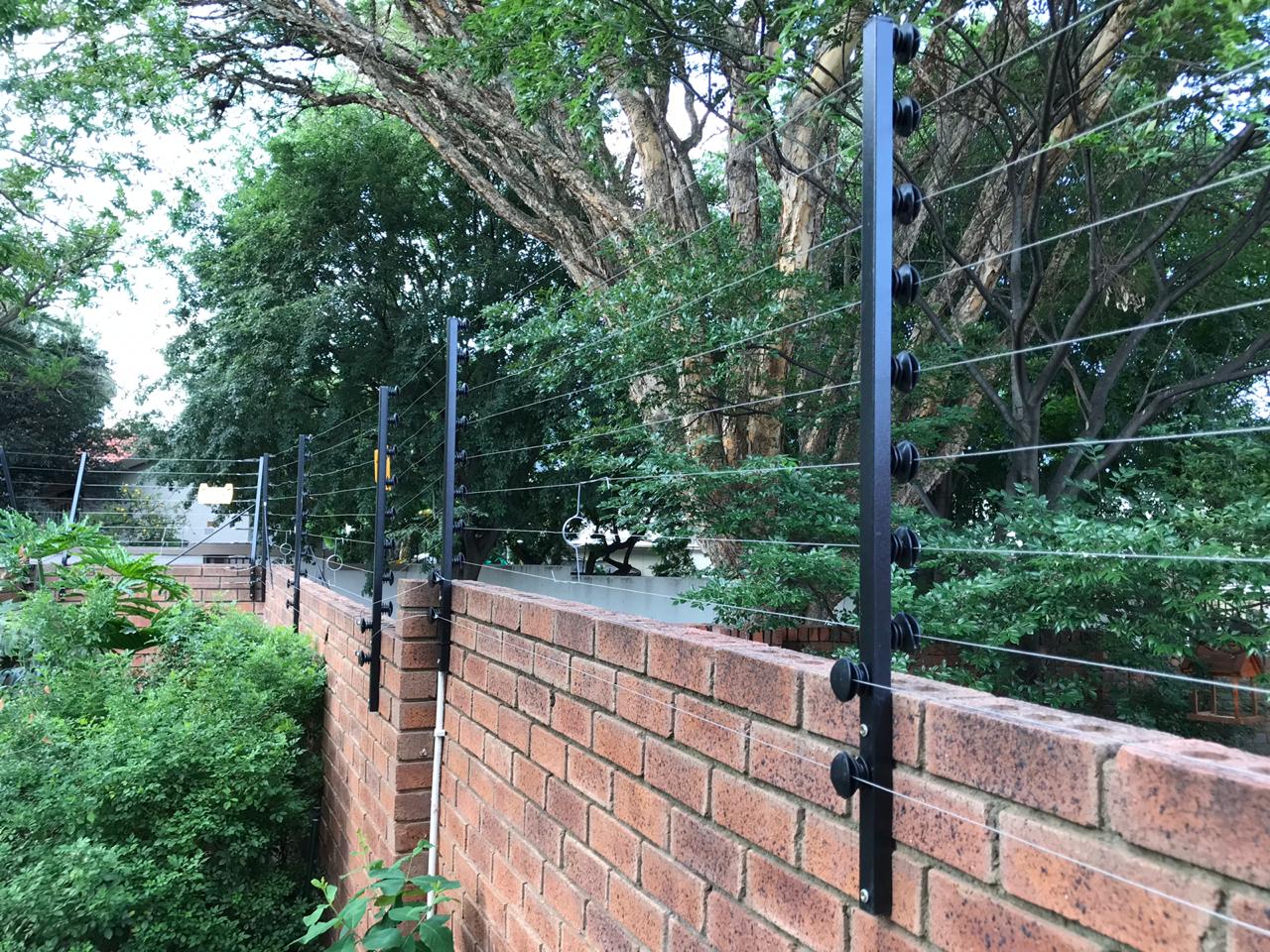
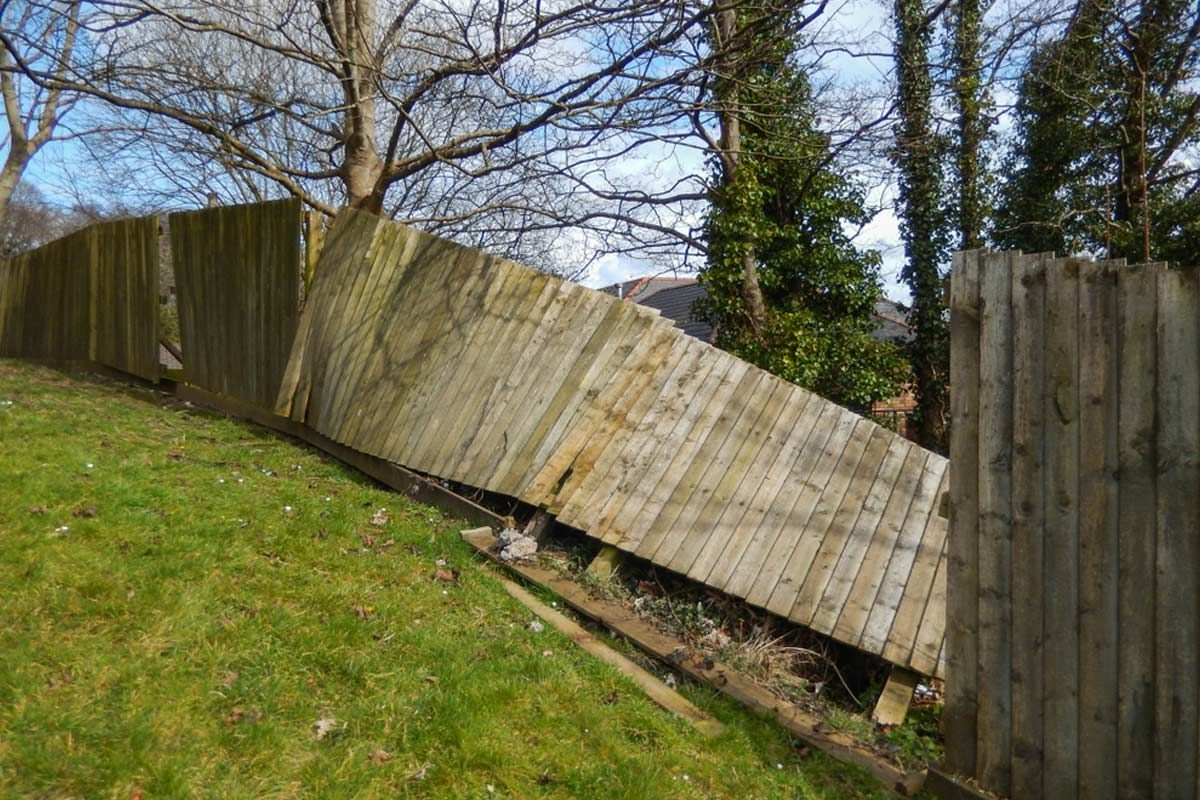
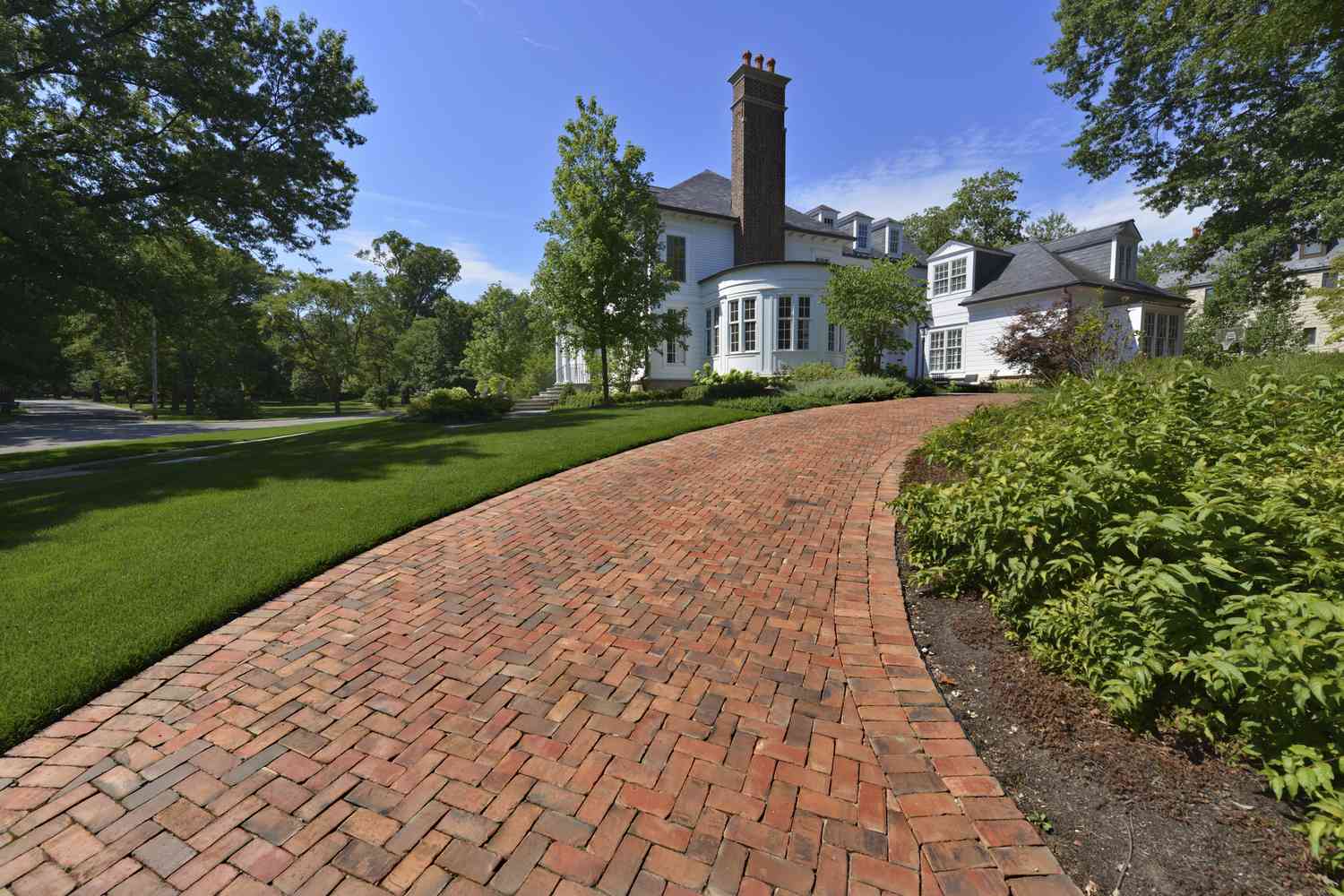
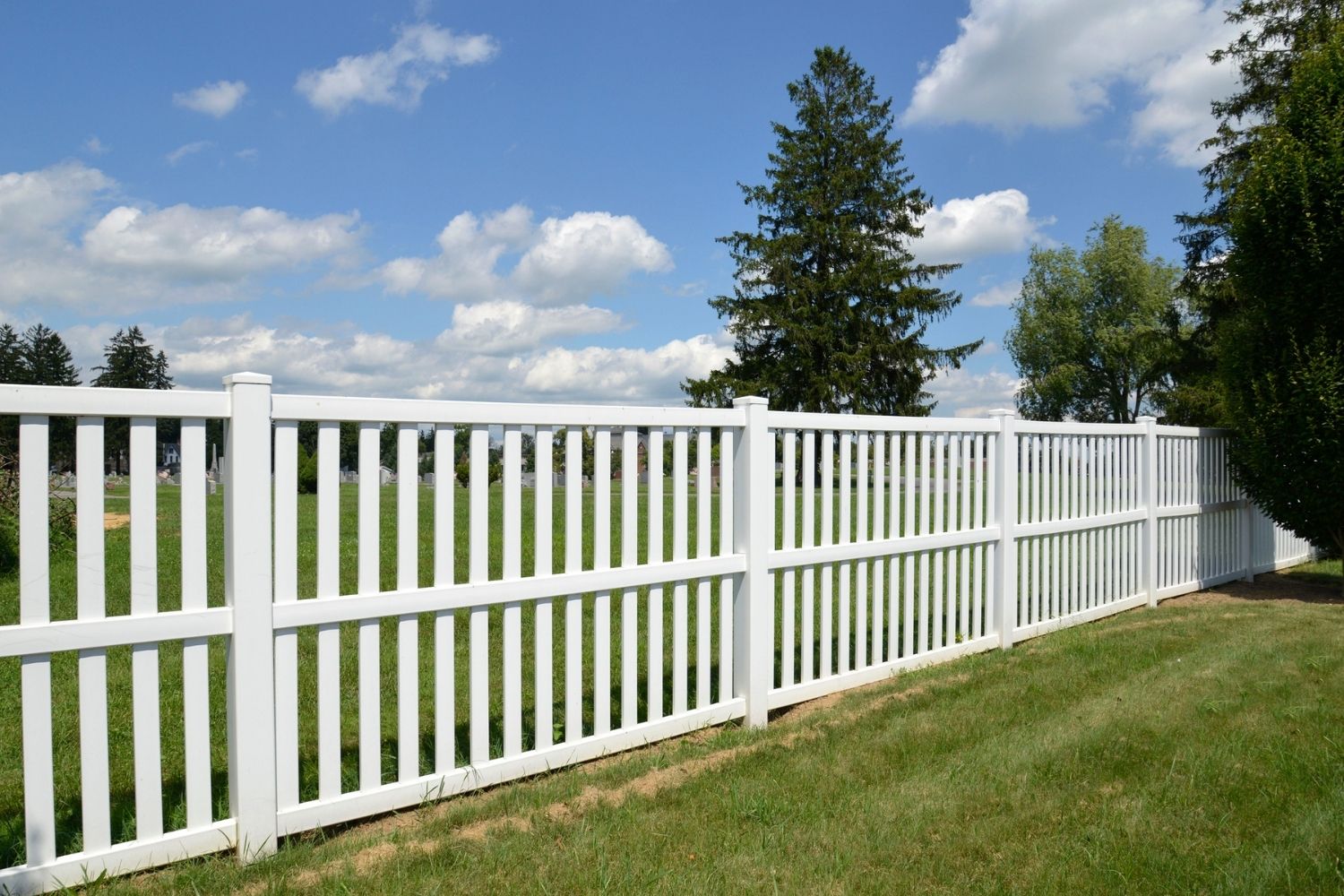
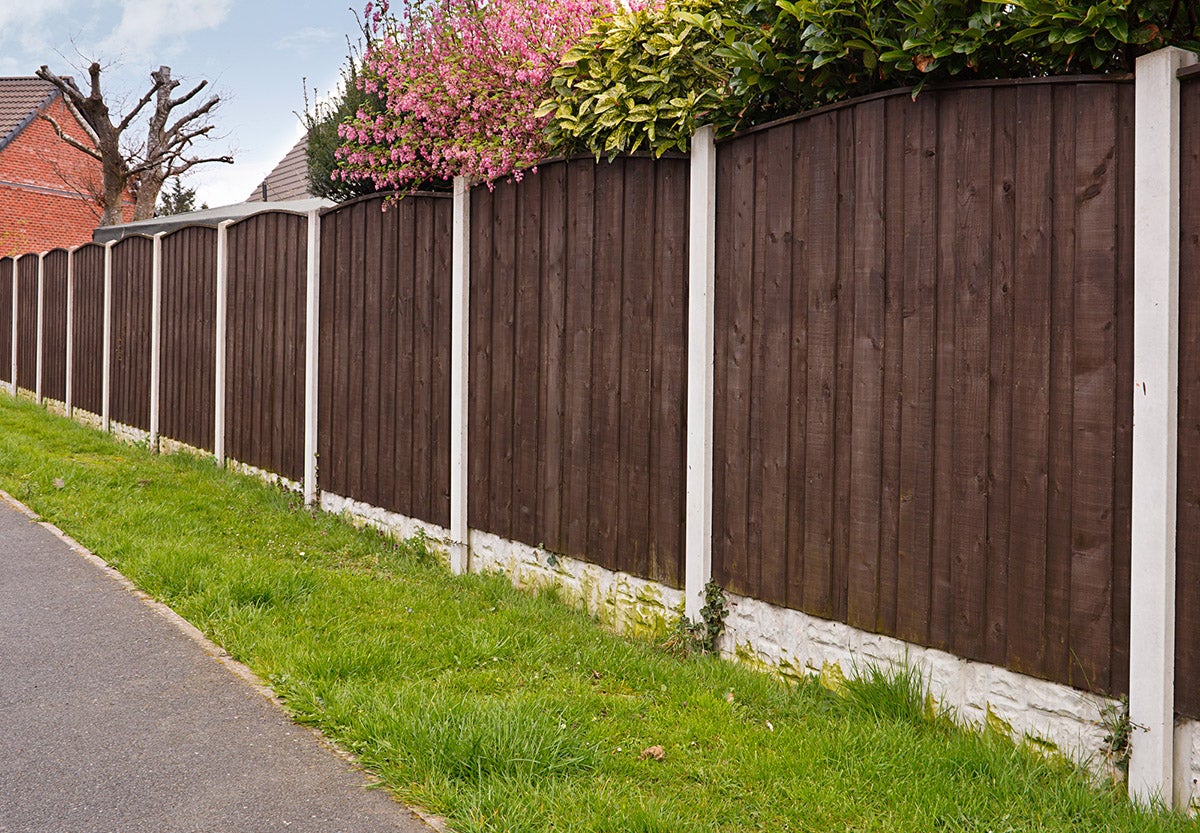
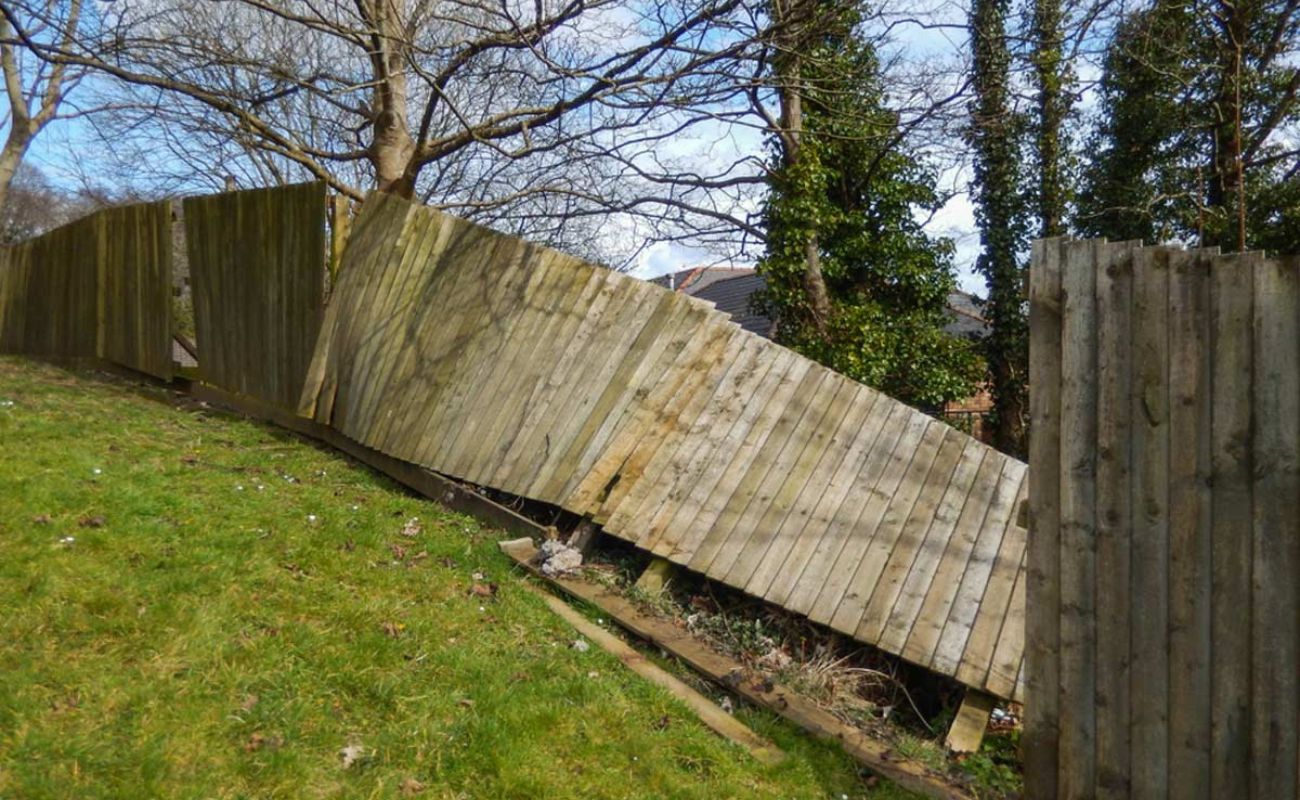
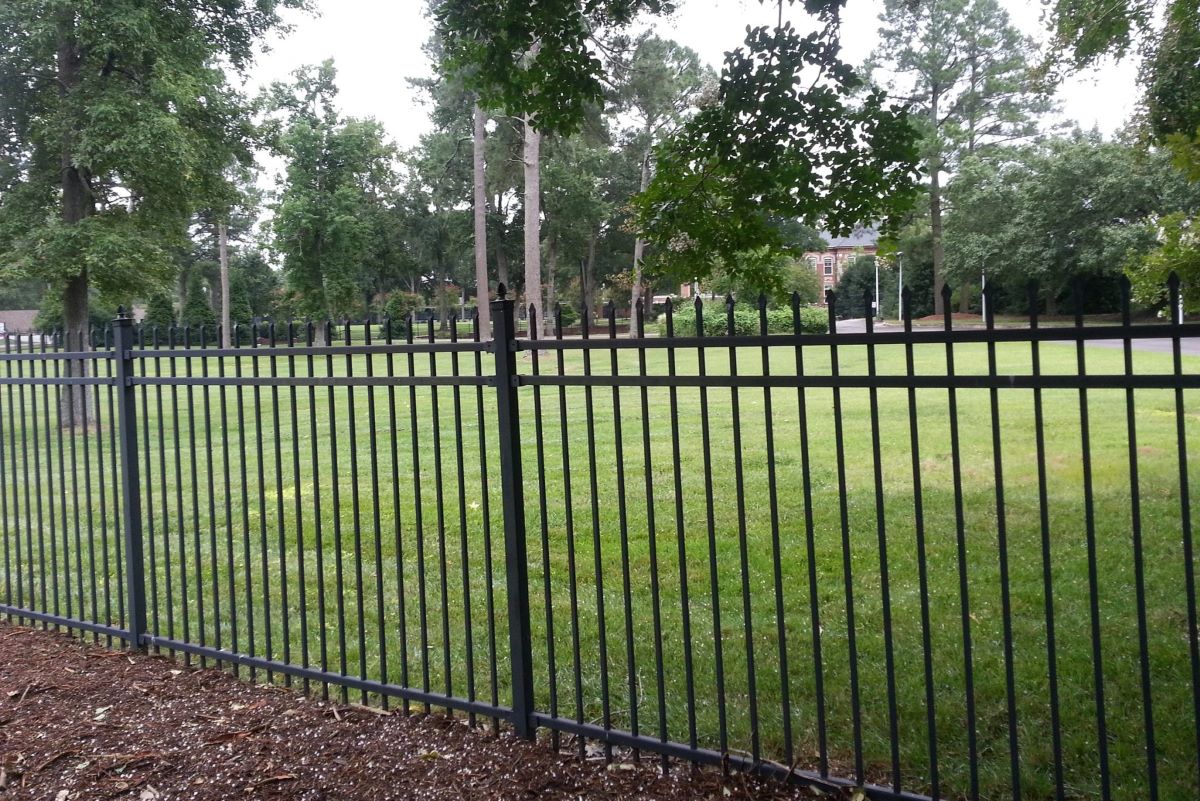
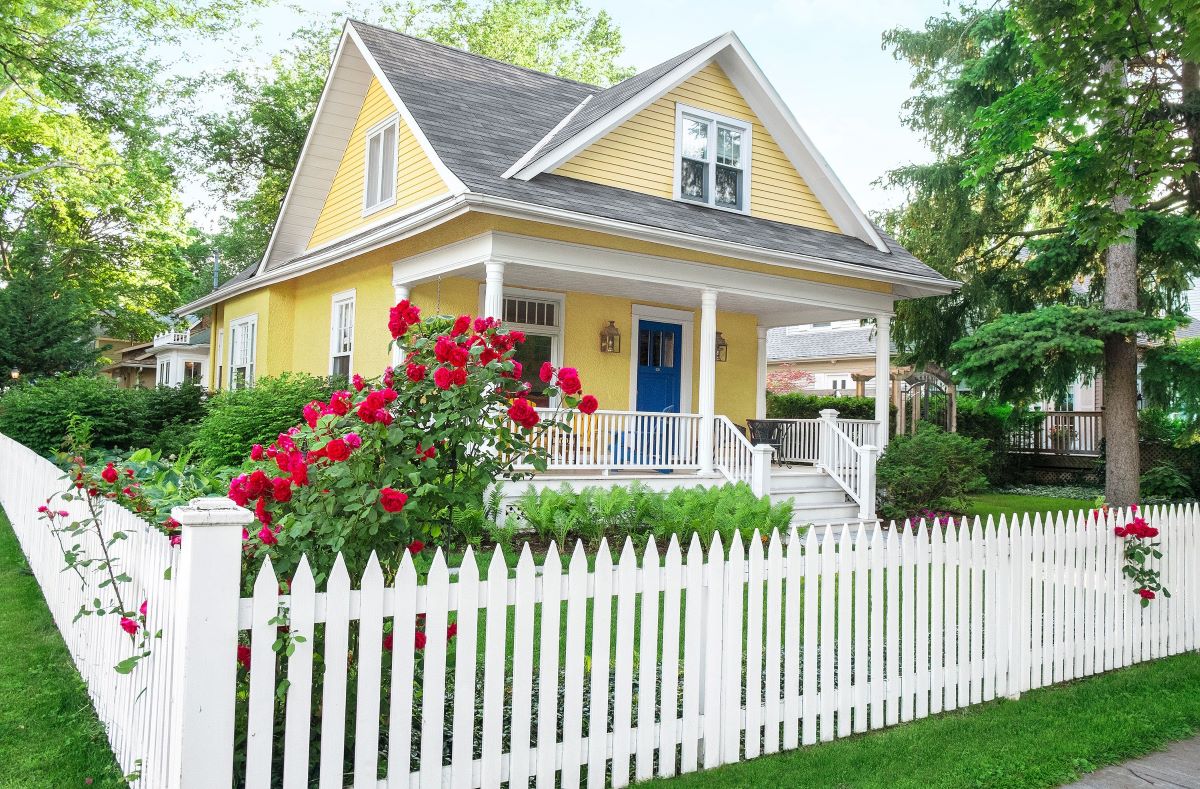
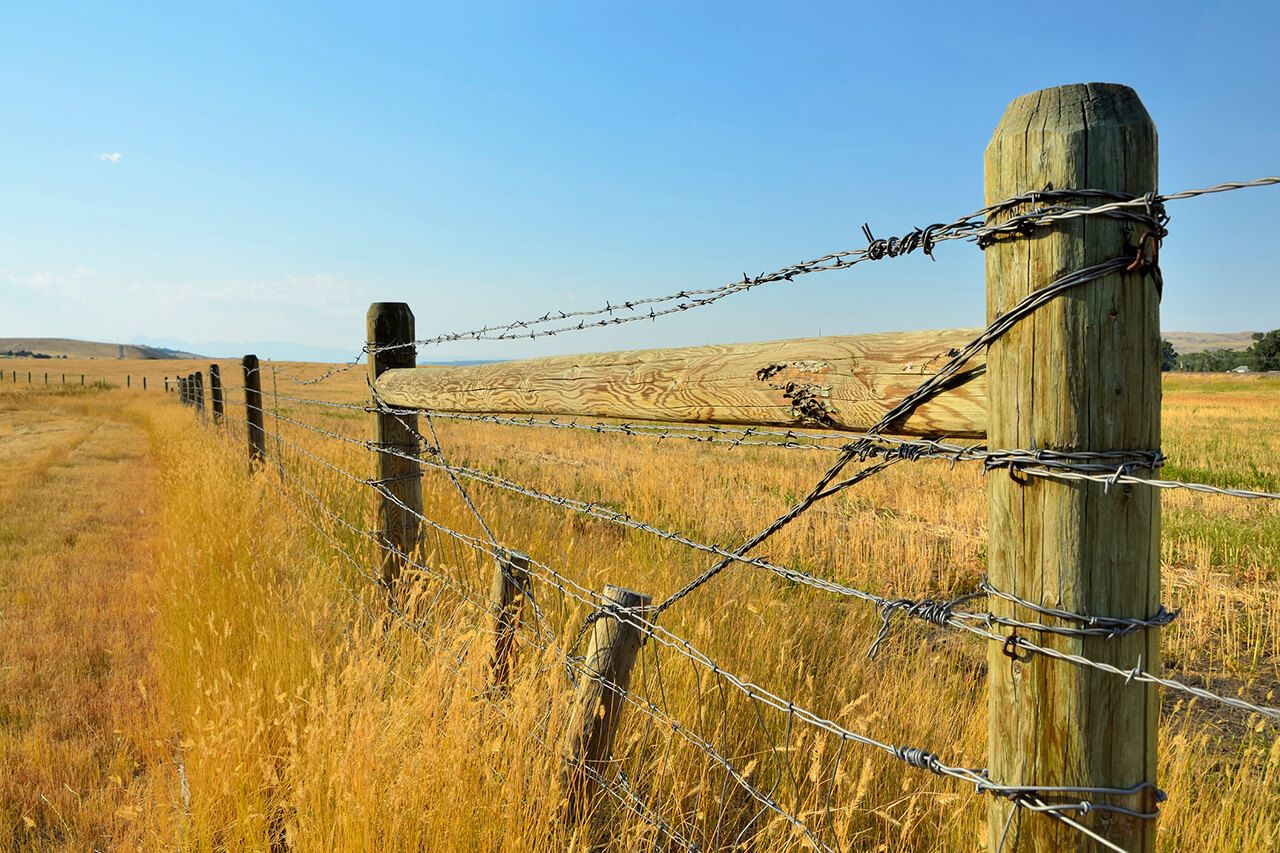
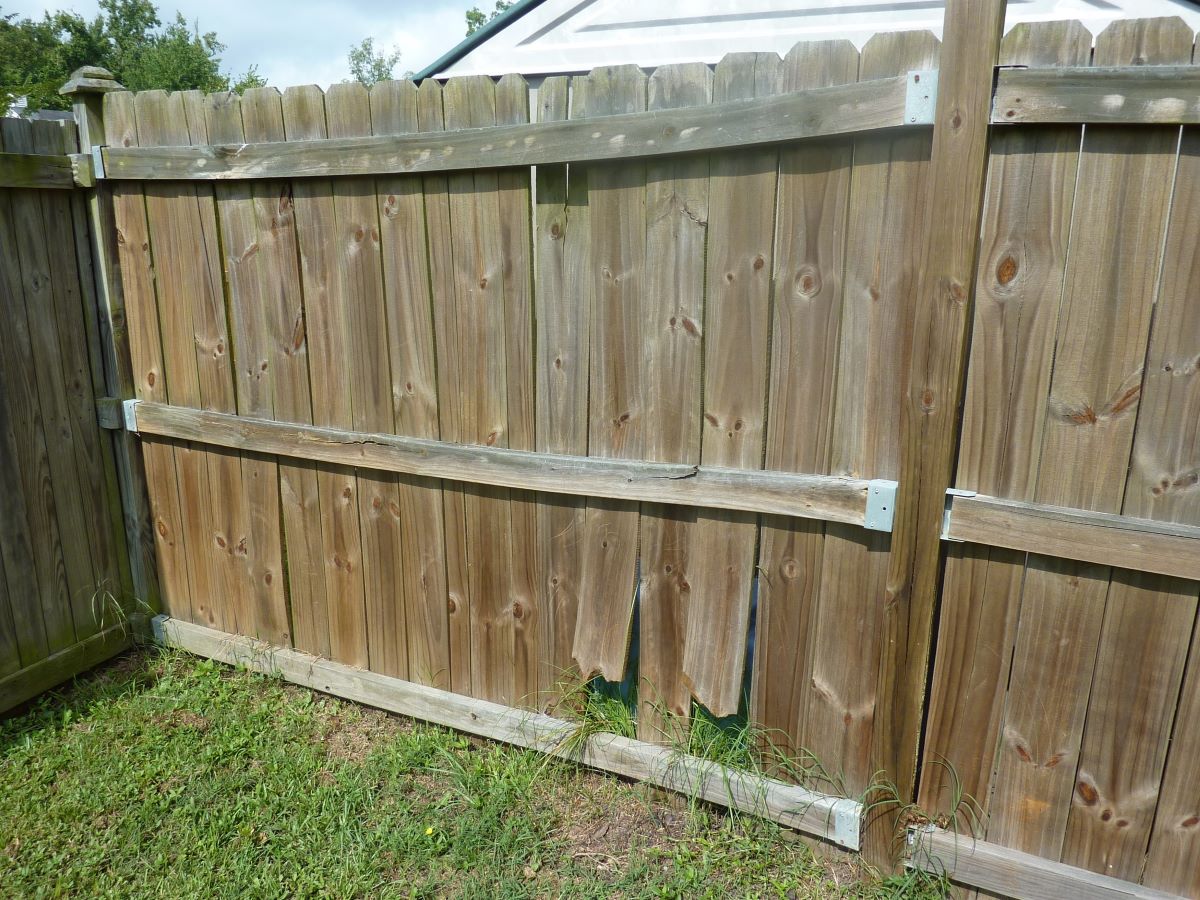
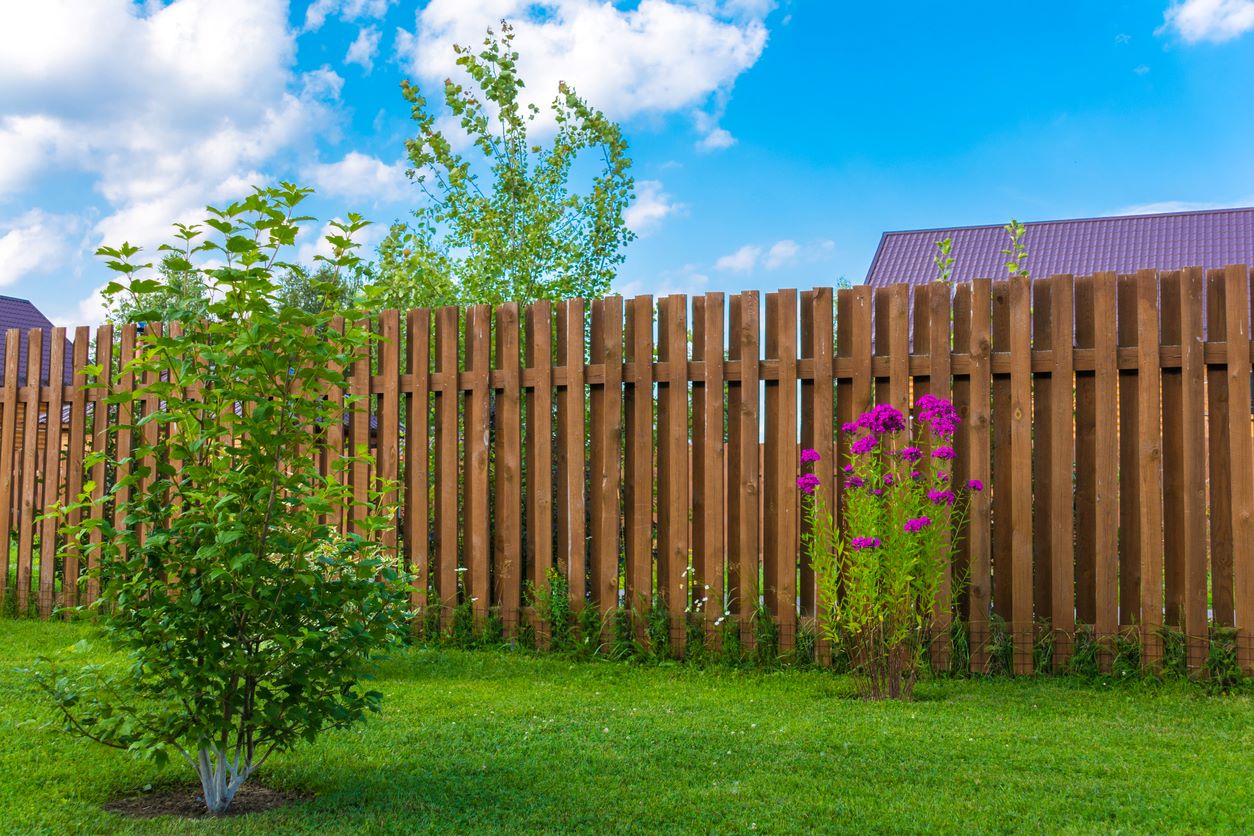
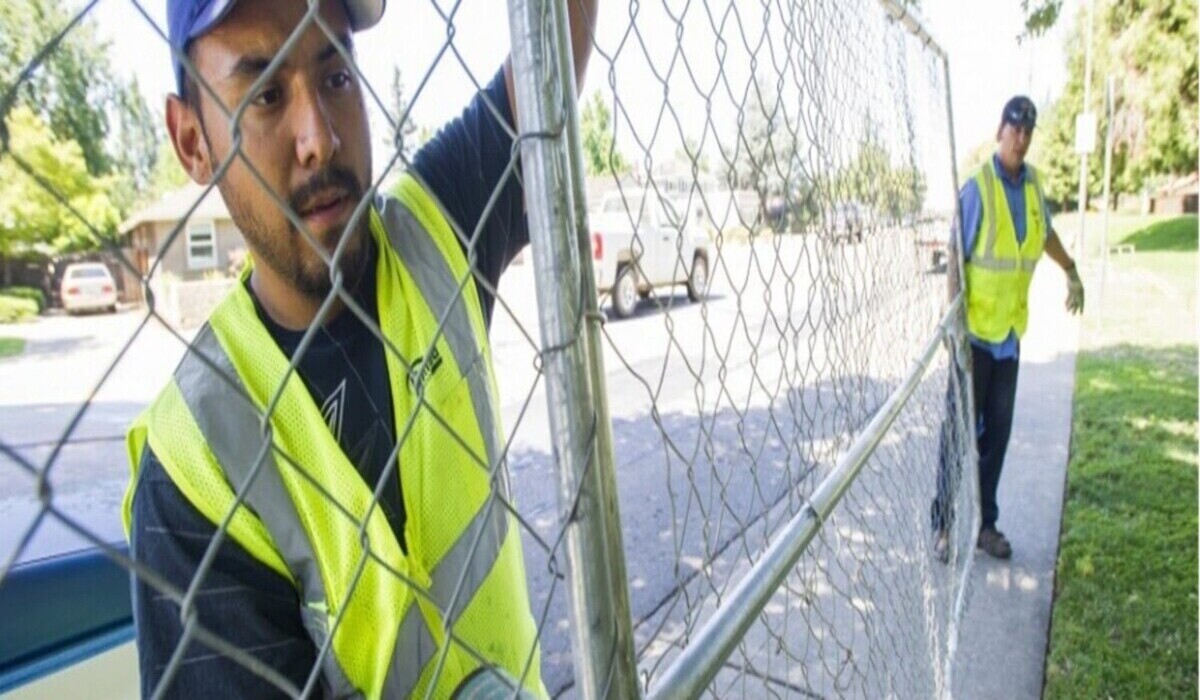
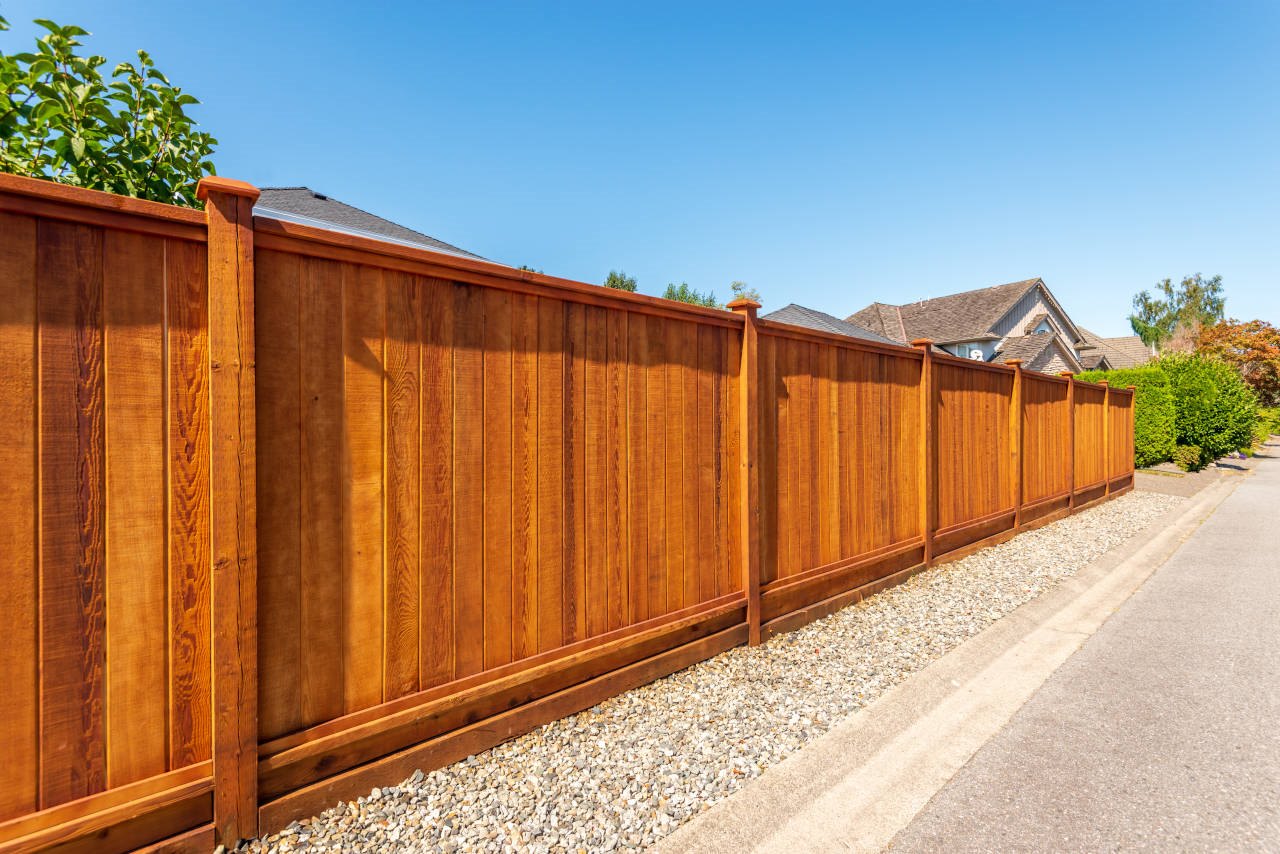
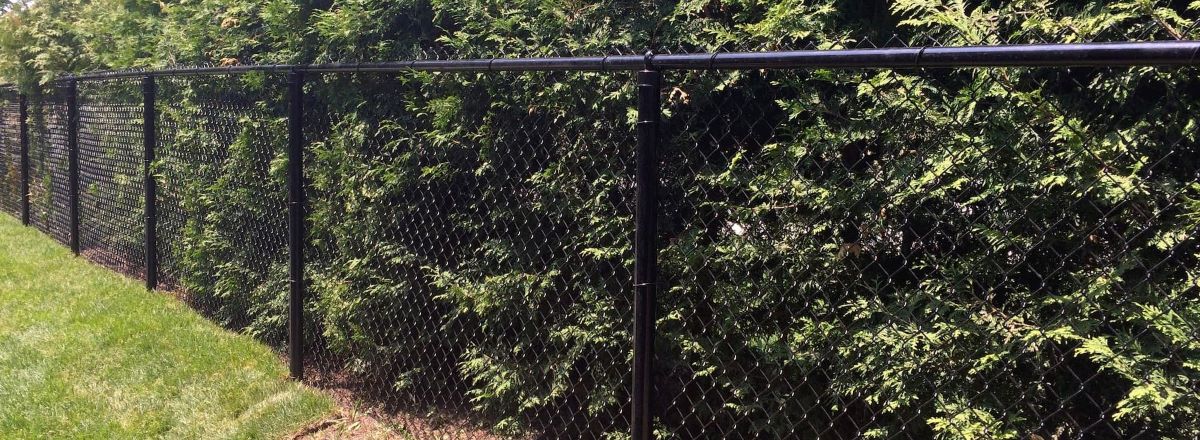

0 thoughts on “How Much Does A Brick Fence Cost”